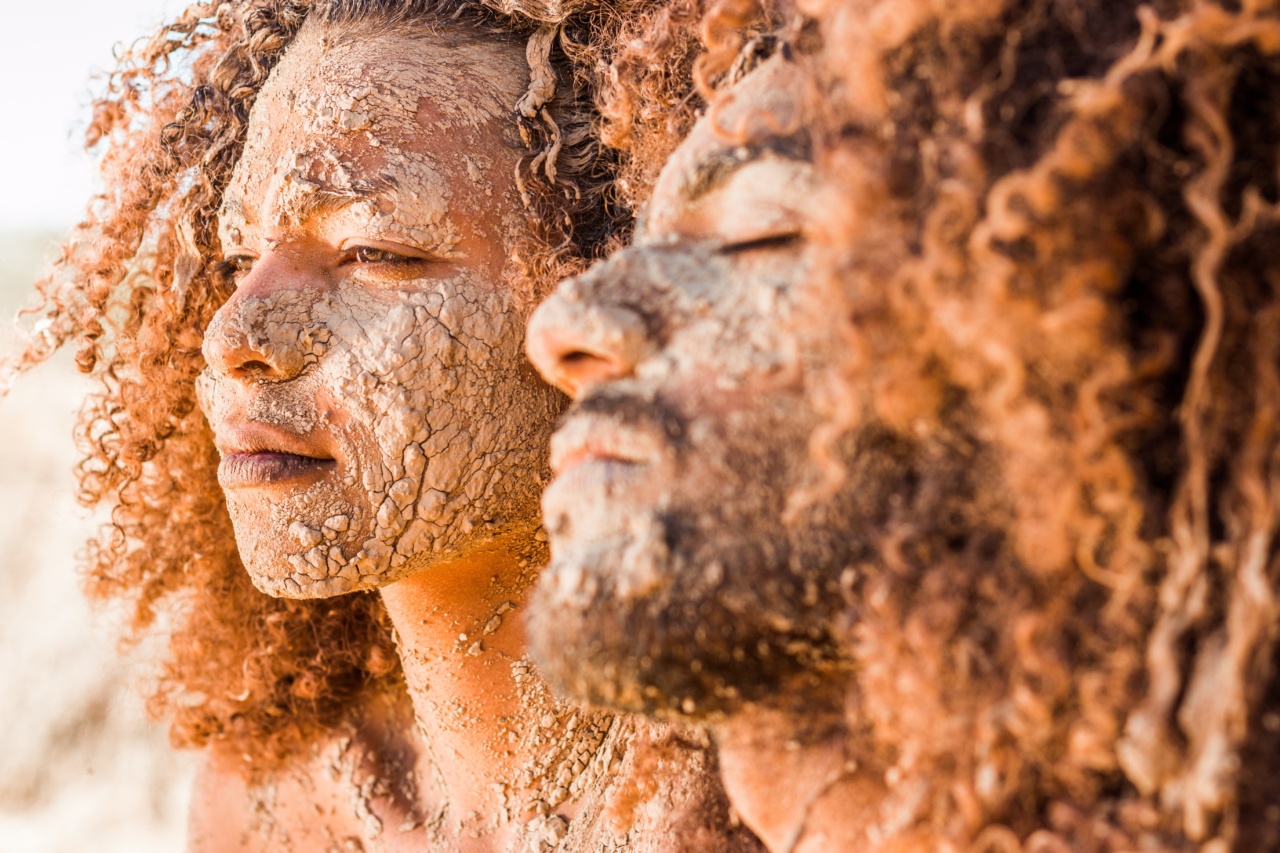Winter brings about many changes, including colder temperatures and lower humidity levels. While it may be a welcoming time for cozy sweaters and warm drinks, it can also exacerbate dry eyes.
Dry eyes occur when your tears are unable to provide enough moisture to lubricate your eyes adequately. This can lead to discomfort, irritation, redness, and even vision problems. However, with a few simple adjustments to your routine, you can beat dry eyes during the winter season. Read on for eight helpful tips to keep your eyes moisturized and healthy.
1. Use a Humidifier
The cold winter air tends to be dry, and this lack of humidity can cause moisture to evaporate from your eyes more rapidly. Adding a humidifier to your living space can help combat this issue by increasing the moisture in the air.
Consider placing a humidifier in your bedroom while you sleep or in the room where you spend most of your time. This will create a more comfortable environment for your eyes and prevent them from drying out.
2. Stay Hydrated
Proper hydration is essential for maintaining overall good health, including the health of your eyes. Drinking an adequate amount of water daily can help prevent dry eyes.
When your body is well-hydrated, it helps to maintain the necessary moisture levels on your eyes’ surface. Aim to drink at least eight glasses of water per day, and remember to increase your intake if you are engaged in physical activities or spending time in heated environments.
3. Blink Frequently
While we often blink unconsciously, during activities such as reading or using electronic devices, we tend to blink less frequently. Reduced blinking can contribute to dry eyes, as blinking helps distribute tears evenly across the eye surface.
Make a conscious effort to blink more often, especially when engaged in activities that require intense focus. Taking periodic breaks to rest your eyes and blink can help alleviate dryness.
4. Use Artificial Tears
If you are experiencing severe dryness, artificial tears can provide temporary relief. These over-the-counter eye drops can help lubricate your eyes and alleviate discomfort. Look for preservative-free artificial tears to minimize the risk of irritation.
Use them as directed on the packaging, and remember to bring them with you when you are out and about, as cold winds can exacerbate dry eyes while you are outdoors.
5. Wear Protective Eyewear
When stepping out into the cold, it is important to protect your eyes from the harsh winter elements. Cold winds, snow, and bright sunlight can all contribute to dryness and irritation.
Consider wearing wraparound sunglasses or goggles to shield your eyes from these environmental factors. This will not only prevent dry eyes but also provide protection against UV rays, which can be just as harmful during the winter months.
6. Adjust Your Diet
Your diet plays a crucial role in maintaining overall eye health. Including foods rich in omega-3 fatty acids, such as salmon, tuna, and flaxseeds, can help reduce inflammation and promote tear production.
Additionally, foods containing vitamin A, like carrots, sweet potatoes, and spinach, can help maintain the health of your corneas. Incorporate these foods into your winter diet for optimal eye health and moisture.
7. Avoid Direct Heat
While it may be tempting to warm up by a crackling fire or sit close to a heater during the winter, direct heat can worsen dry eyes. It speeds up the evaporation of tears, leaving your eyes feeling even drier.
Instead, maintain an appropriate distance from heat sources and use a screen or protective barrier if necessary. This will prevent unnecessary dryness and discomfort.
8. Consult an Eye Care Professional
If you continue to experience persistent dry eyes during the winter despite following these tips, it may be beneficial to consult an eye care professional.
An optometrist or ophthalmologist can evaluate your condition and recommend suitable treatment options. They may suggest prescription eye drops or other interventions to alleviate your dry eye symptoms effectively.
Conclusion
Winter can be a challenging time for individuals prone to dry eyes. However, by implementing these eight helpful tips, you can beat dry eyes and ensure healthy and comfortable eyes throughout the season.
Incorporate a humidifier into your living space, stay hydrated, blink frequently, and use artificial tears when needed. Protect your eyes with sunglasses or goggles, adjust your diet to include eye-friendly foods, avoid direct heat sources, and seek professional advice if necessary.
By taking proactive steps, you can enjoy the winter season with clear, moisturized, and healthy eyes.




























